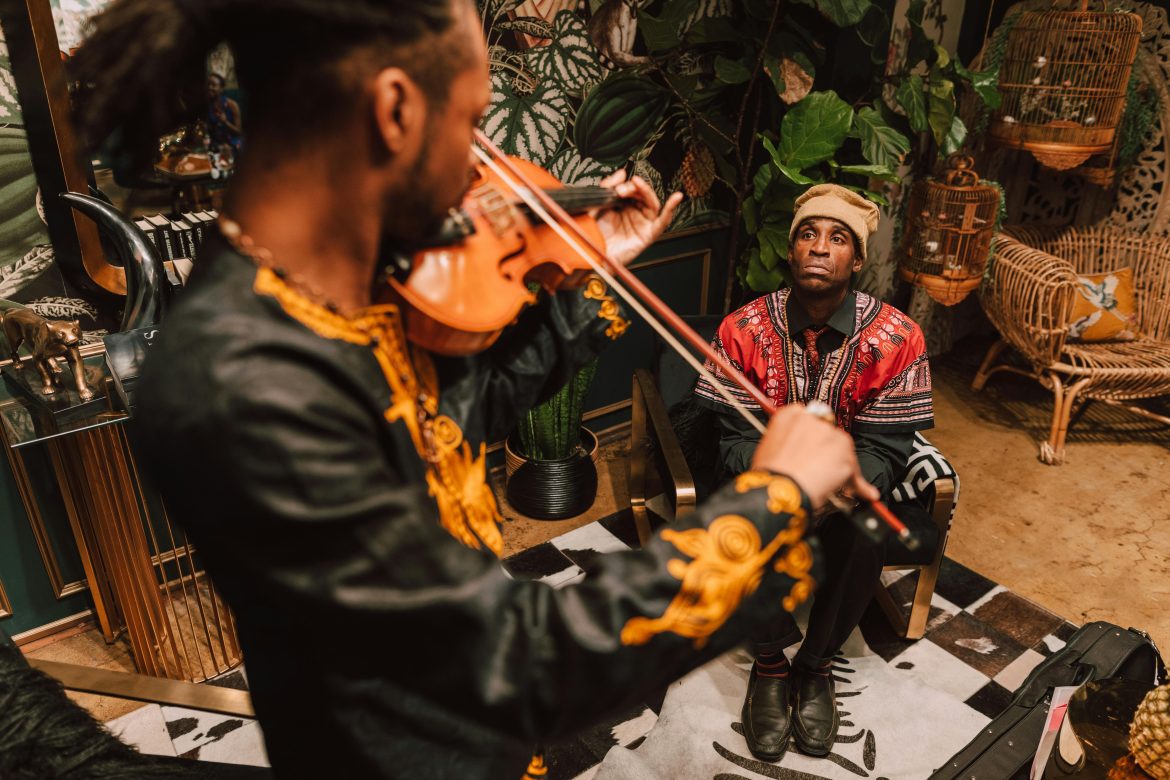The holiday season in Africa is a time of joy, unity, and cultural expression, marked by vibrant celebrations that reflect the continent’s rich and diverse heritage. From the bustling cities to the serene rural villages, Africans celebrate in ways that are as varied as the continent itself. This post delves into the unique and colorful festive traditions across Africa, highlighting how different cultures celebrate the holiday season, bringing families, communities, and nations together in a spirit of festivity and renewal.
1. Christmas Celebrations Across Africa: A Blend of Tradition and Modernity
Christmas in Africa is celebrated with great enthusiasm and flair, with each country and region infusing the holiday with its own unique customs and practices. Whether it’s the traditional religious ceremonies, family gatherings, or community feasts, Christmas in Africa is a time of unity and spiritual reflection.
- West Africa: Church Services and Community Feasts
In West African countries like Nigeria, Ghana, and Sierra Leone, Christmas is often marked by attending church services, where families come together to celebrate the birth of Jesus Christ. Afterward, the festivities typically continue with large family gatherings, featuring traditional meals such as jollof rice, goat meat, fried chicken, and local delicacies. In many West African cultures, it’s also common for people to exchange gifts and for children to go caroling in the streets, spreading joy and cheer. - Southern Africa: The Spirit of Giving and Family
In Southern Africa, particularly in countries like South Africa, Namibia, and Zimbabwe, Christmas is a time for families to reunite, often traveling long distances to be with loved ones. The holiday is celebrated with both religious services and festive meals, where dishes like roasted meats, potatoes, and malva pudding are enjoyed. Additionally, many families take part in charitable giving, embodying the spirit of generosity by donating to the less fortunate. - East Africa: Festivities and Public Celebrations
In East African countries like Kenya, Uganda, and Tanzania, Christmas is celebrated with much fanfare. Traditional dances, public celebrations, and community meals are common, with families and friends coming together to enjoy festive dishes such as chapati, sukuma, and meat stews. Many people also take part in community outreach, helping those in need during the holiday season.
2. New Year’s Eve and New Year’s Day Traditions: Welcoming a New Beginning
New Year’s Eve and New Year’s Day celebrations in Africa are vibrant affairs, where people across the continent mark the transition into the new year with joy, hope, and exciting traditions that vary from country to country.
- West Africa: Fireworks and Festive Parades
In cities like Lagos, Accra, and Abidjan, New Year’s Eve is a time for extravagant fireworks displays, street parties, and public parades. People gather in open spaces, enjoying music, dancing, and food as they bid farewell to the old year and usher in the new. New Year’s Day is often a family affair, with meals shared and time spent in reflection. - North Africa: Traditional Ceremonies and Family Gatherings
In countries like Egypt, Morocco, and Tunisia, New Year’s Eve is celebrated with traditional ceremonies that include feasts, music, and dances. Many North Africans also use this time to engage in spiritual reflection, seeking blessings for the upcoming year. On New Year’s Day, families gather to enjoy delicious meals, and many visit loved ones to exchange well wishes. - East Africa: Celebrations with a Local Twist
In East Africa, the New Year’s celebrations vary, but they often include local traditions such as singing, dancing, and feasting. In Ethiopia, for example, the New Year (Enkutatash) falls in September, and celebrations include the exchange of gifts and a special meal with family. However, in Kenya and Tanzania, the December 31st celebrations are full of energy, with fireworks, street parties, and community festivals.
3. Festivals of Light: A Celebration of Hope and Renewal
Throughout Africa, the holiday season also includes several religious and cultural festivals of light, where communities celebrate the triumph of light over darkness and the renewal of hope. These festivals are deeply rooted in African spirituality and offer an opportunity for both reflection and celebration.
- Hannukah in North Africa
In Morocco and Tunisia, Jewish communities celebrate Hanukkah, the Festival of Lights, with candle lighting ceremonies, prayers, and festive meals. This holiday marks the rededication of the Second Temple in Jerusalem and is a time for families to gather, light the menorah, and share in the joy of the season. - Diwali: The Festival of Lights in East Africa
Diwali, the Hindu Festival of Lights, is celebrated in East African countries like Kenya, Uganda, and Tanzania, where there are vibrant Indian communities. The festival is marked by decorating homes with oil lamps, exchanging sweets, and enjoying festive feasts. Diwali symbolizes the victory of light over darkness and good over evil, and it is a time of renewal, gratitude, and joy. - The Zulu Festival of Light (uMkhosi Womhlanga)
In South Africa, the Zulu people celebrate the uMkhosi Womhlanga, also known as the “Festival of the First Fruits” or “Festival of Light,” where they honor the harvest season and celebrate unity and renewal. This festival includes traditional dances, drumming, and feasts, with a focus on community bonding and spiritual reflection.
4. Kwanzaa: A Celebration of African Heritage and Unity
Kwanzaa, celebrated by many African Americans and Africans across the diaspora, is a week-long festival that honors African heritage and culture. While its roots are in the United States, Kwanzaa has been embraced in many African countries as a way of celebrating unity, creativity, and cultural pride.
- The Seven Principles (Nguzo Saba)
Kwanzaa is based on seven principles, each celebrated on a different day of the week. These principles—unity, self-determination, collective work and responsibility, cooperative economics, purpose, creativity, and faith—guide the celebrations and activities. Kwanzaa celebrations include lighting the kinara (a special candle holder) and enjoying meals that highlight traditional African foods, including corn, sweet potatoes, and fruits. - Community and Family Celebrations
Kwanzaa celebrations are centered around family gatherings, community events, and cultural activities that promote African pride and heritage. The holiday includes storytelling, music, dance, and the sharing of African traditions that have been passed down through generations.
5. Unique Festive Traditions: Celebrating Across the Continent
Beyond the major holidays, many African communities also celebrate their own unique festivals and traditions during the holiday season, showcasing the diversity of African cultures and their deep connection to the seasons, nature, and spirituality.
- The Timkat Festival in Ethiopia
Timkat, or Epiphany, is one of the most important religious holidays in Ethiopia, marking the baptism of Jesus. It is celebrated with grand processions, music, and traditional ceremonies. The festival often includes the reenactment of the baptism in the River Jordan, and it is a time of renewal, reflection, and celebration. - The Malian Festival of the Desert (Festival au Désert)
Held annually in the northern desert regions of Mali, the Festival au Désert is a celebration of traditional music and culture. The festival brings together musicians, dancers, and artists from across Africa to celebrate Mali’s rich cultural heritage. While not specifically tied to the holiday season, it is a popular festive event that showcases African arts during the end-of-year period.
Conclusion
The holiday season in Africa is a time of celebration, community, and cultural expression. Whether it’s Christmas, New Year’s, or one of the many unique regional festivals, Africans come together to honor their heritage, reflect on the past, and welcome the future with hope. These festive traditions not only strengthen the bonds between families and communities but also ensure the continuity of African cultures and customs for future generations. As the continent continues to grow and evolve, these holiday celebrations remain an essential part of Africa’s vibrant and diverse cultural tapestry.
Get real time update about this post category directly on your device, subscribe now.



